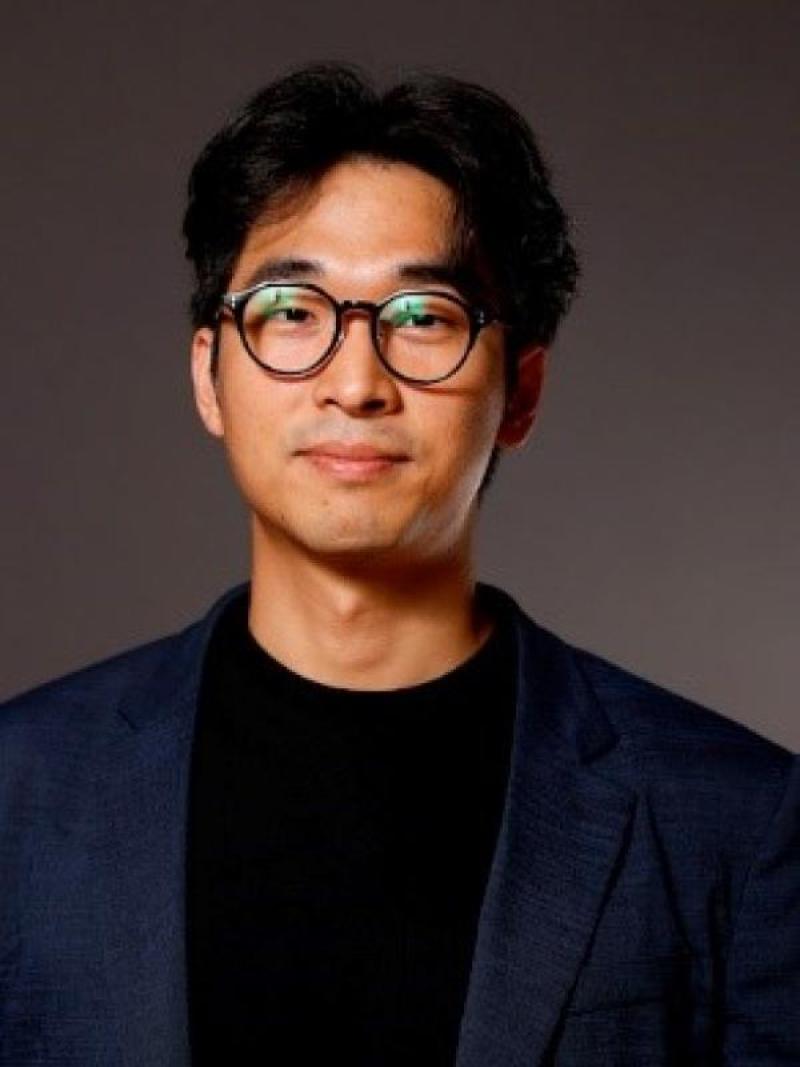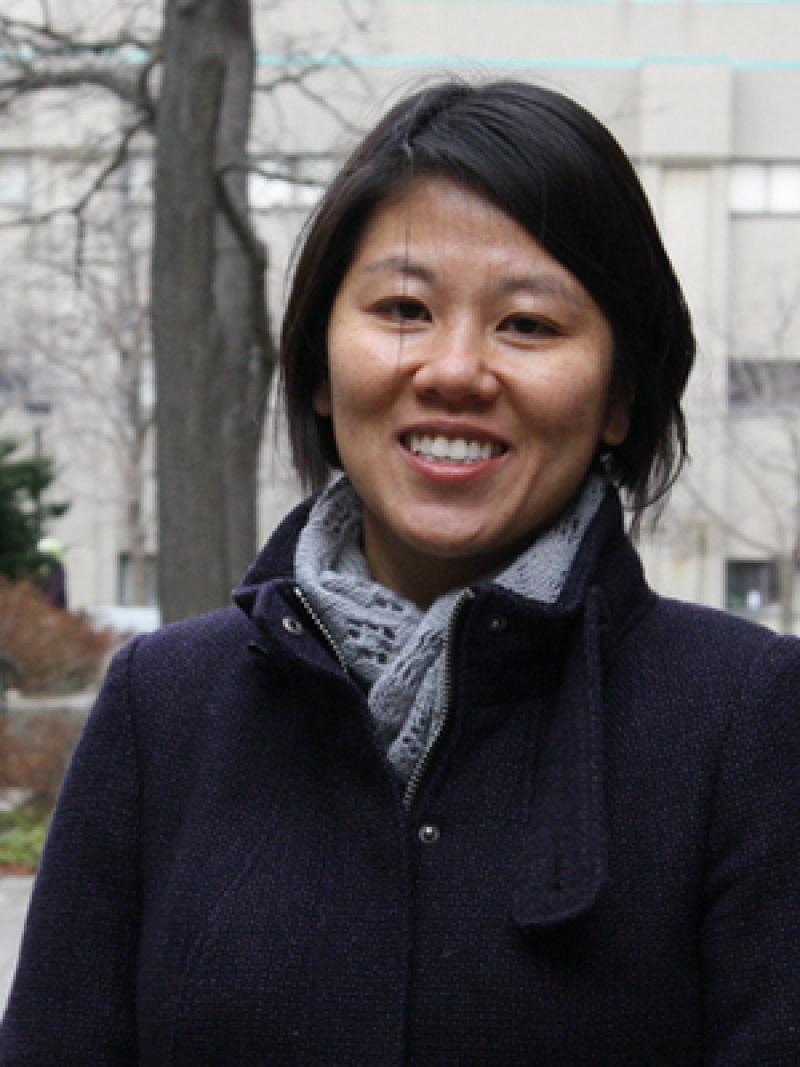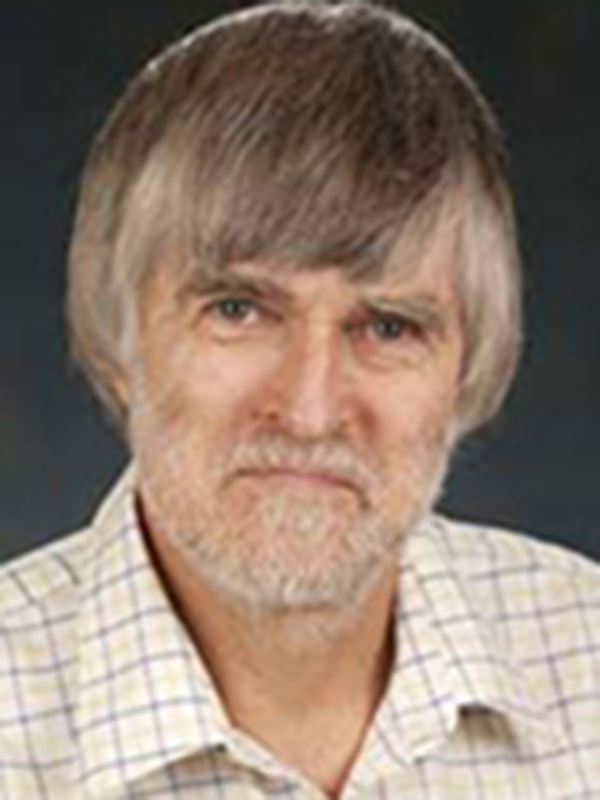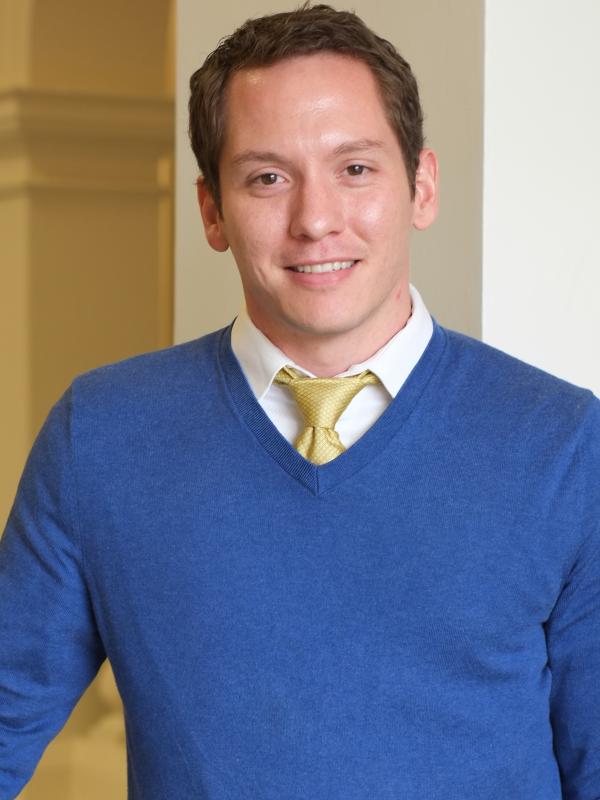For more detailed information about program requirements and expectations, review the program handbook.
Overview
The Quantitative Psychology graduate program is dedicated to equipping students with advanced research competencies across three interconnected domains:
- Methods: The development of research tools, emphasizing the “what” of quantitative methodology. Some examples include developing and evaluating new estimators or statistical indices, designing and implementing simulation studies to evaluate model performance, and reviewing the practice of methods in empirical research.
- Methodology: Formulating the theoretical rationale for implementing these tools, focusing on the “why” and “how.” Some examples include clarifying the use of power analysis and how best to formulate mathematical models to study cognitive processes.
- Application and Pedagogy: The practical use and teaching of methods and methodology, including serving as statistical leads in collaborative research, classroom instruction, and workshop facilitation.
Psychological science has strong mathematical underpinnings, and quantitative psychology is a discipline focused on encouraging the “development of Psychology as a quantitative rational science” (Thurstone, 1937). In broad terms, quantitative psychology is the disciplinary home to methodological theory, research methods, and statistical models that support psychological research and related disciplines. The program prepares students for an academic career or for a career in industry.
Qualifications
Graduate study in quantitative psychology requires proficiency in psychological research, statistics, and mathematics. Although prior training is not strictly necessary, students should have a genuine interest in these domains. As part of graduate training, students are encouraged to augment their psychology coursework with methodological, mathematical, and statistical courses drawn from related disciplines.
Program of Study
The Quantitative Psychology graduate program is flexible and designed to be completed in four to five years. Students develop an individualized study program that fits their goals and leads to the doctoral degree.
During years one and two, students fulfill the requirements of a Master's degree by completing most coursework in a major and minor field of study and producing collaborative research with their faculty advisers. This includes a first-year project and a Master's thesis. Students should successfully complete the Candidacy Examination by year three, and they typically complete their PhD degree by the end of year five.
Coursework
Required courses include Psych 6810: Statistical Methods in Psychology I and Psych 6811: Statistical Methods in Psychology II. The program also requires students to enroll into Psych 7896: Special Topics in Quantitative Psychology, its annual brownbag series.
Outside of core curricular requirements, choice of coursework in the Quantitative Psychology program is flexible. Students will develop a plan of study that fits their goals, background, and interests. Potential courses include Psych 6820: Introduction to Bayesian Statistics for Psychological Data, Psych 6863: Psychometrics, Psych 7821: Covariance Structure Models, and Psych 7823: Analysis of Repeated Measures and Longitudinal Data, among many others.
As part of graduate training, students are encouraged to augment their psychology coursework with methodological, mathematical, and statistical courses drawn from related disciplines (e.g., biostatistics, computer science, and statistics). Many Quantitative Psychology students also complete the Master’s of Applied Statistics or Master’s of Science in Statistics programs offered through the Department of Statistics.
Research
Active research engagement is a cornerstone of the Quantitative Psychology program, which follows an apprenticeship-based training model. Students collaborate with their chosen faculty advisor(s) on projects aligned with shared research interests. In conversation with their advisor(s), they are also encouraged to cultivate collaborative research relationships with other faculty and peers in quantitative psychology; across other psychology areas such as clinical, cognitive, decision, developmental, or social psychology; and in related disciplines, such as education.
Facilities and Equipment
The Quantitative Psychology program offices and laboratories are housed in Lazenby Hall, located centrally on The Ohio State University main campus. Facilities include graduate student space located in proximity to individual faculty computer resources designed to support faculty research programs. Students also have access to the university's extensive and powerful system of mainframe computers and those of the Ohio Supercomputing Center (OSC).
Consulting
The Department of Psychology offers statistical consulting services to faculty and graduate students in topics such as research design, data analysis, presentation of results, and software selection. Requests may be submitted by email. Although the consultant position is not currently filled, quantitative psychology faculty review submitted requests and make resource recommendations.
Concentration Option
Ohio State graduate students who are not enrolled in the Quantitative Psychology program have the opportunity to complete a three-course concentration in quantitative psychology. The concentration requires Psych 6811: Statistical Methods in Psychology II as a prerequisite, though equivalent graduate-level coursework covering similar material might be accepted as a substitute. Learn more about requirements →
Upon completion of the concentration, students will be equipped to apply advanced quantitative techniques to behavioral data. These methods include Bayesian statistics, mediation and moderation, factor analysis, structural equation modeling, multilevel modeling, longitudinal data analysis, and item response theory.
Quantitative Psychology program courses are also part of the Graduate Interdisciplinary Specialization in Quantitative Methods.
Colloquia and Lectures
Colloquium Series
The Quantitative Psychology graduate program regularly features presentations by area students and faculty. It also invites both Ohio State and external guest speakers from allied disciplines (e.g., Education, Statistics, and Linguistics) to present on contemporary quantitative methodologies. Additionally, colloquia often involve discussions of quantitative issues in research and recently published articles.
In recent years, the program has participated in a monthly online joint quantitative brownbag series, whose purpose is to facilitate connection and discussion among students and faculty in graduate programs on topics of interest to a breadth of research topics in quantitative methodology. This is a collaborative series organized with several other institutions across the nation, including the University of Notre Dame, University of Maryland, College Park, University of North Carolina at Chapel Hill, University of Virginia, Vanderbilt University, and University of South Carolina.
Robert Wherry Speaker Series
The annual Robert Wherry Speaker Series honors the memory of former department chair Robert J. Wherry, Sr., who was a prominent researcher and educator in industrial/organizational and quantitative psychology. These lectures focus on methodological issues in psychological research. Learn more →
Core Faculty




Alexander Petrov

Roger Ratcliff

Brandon Turner
Program Contacts
Quantitative Psychology Program Coordinator: Dr. Jolynn Pek (pek.5@osu.edu)
Statistical consulting requests: osu.psych.stat.consultant@gmail.com

